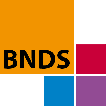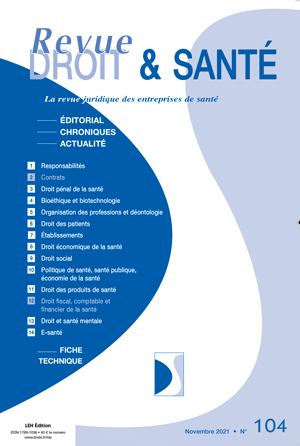0
Panier
0 €

αὐτονομία ?
Citer cet ouvrage :
Vialla François, αὐτονομία ? ,RDS, n°104, 2021, p.829-839
Exporter vers RIS
Télécharge un fichier pour utilisation dans EasyBib, Mendeley, Zotero, etc.
EXPORTER vers RIS
Télécharge un fichier pour utilisation dans EasyBib, Mendeley, Zotero, etc.
EXPORTER vers RIS



